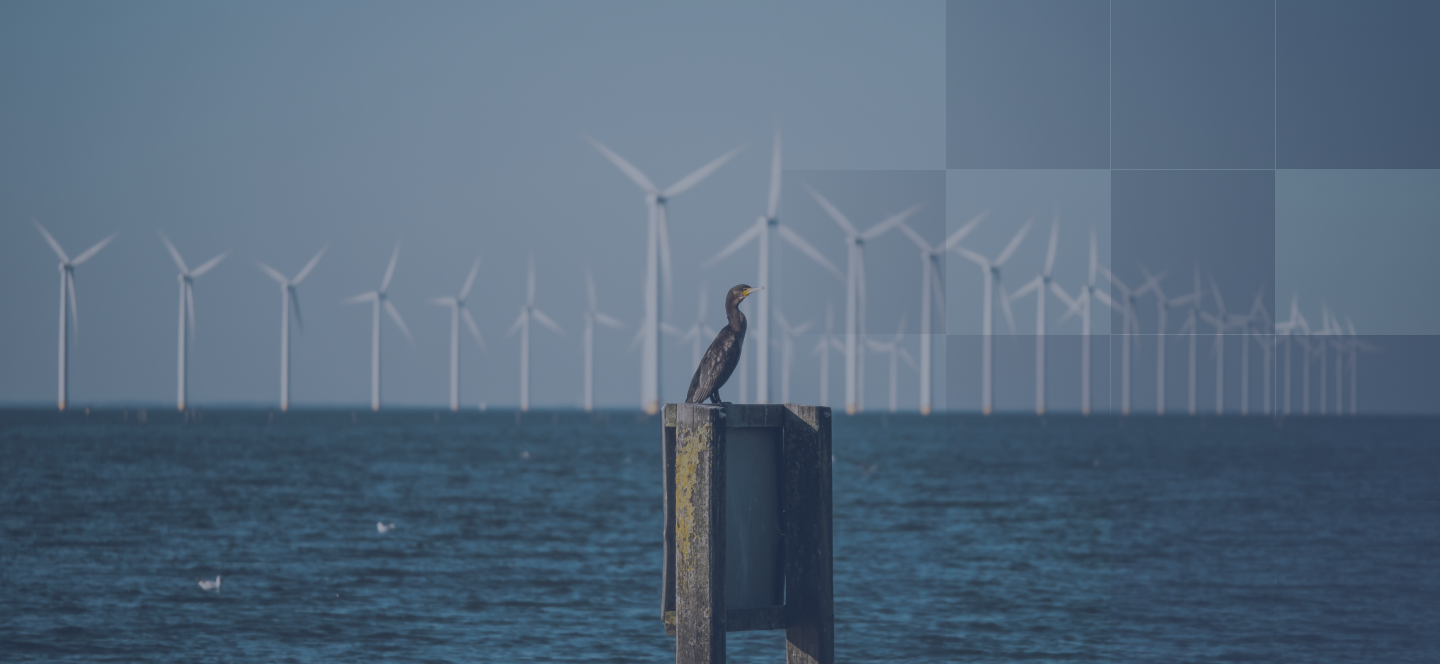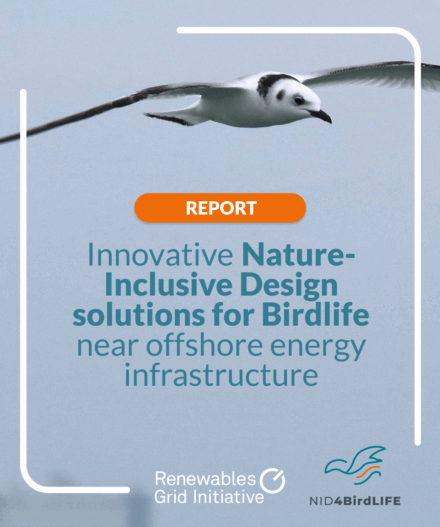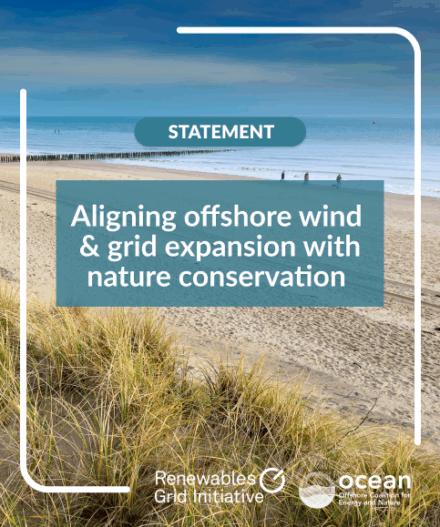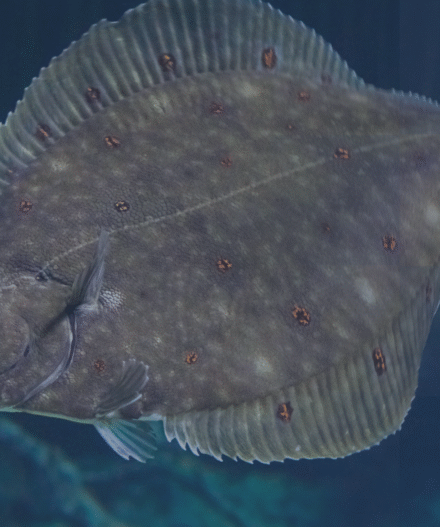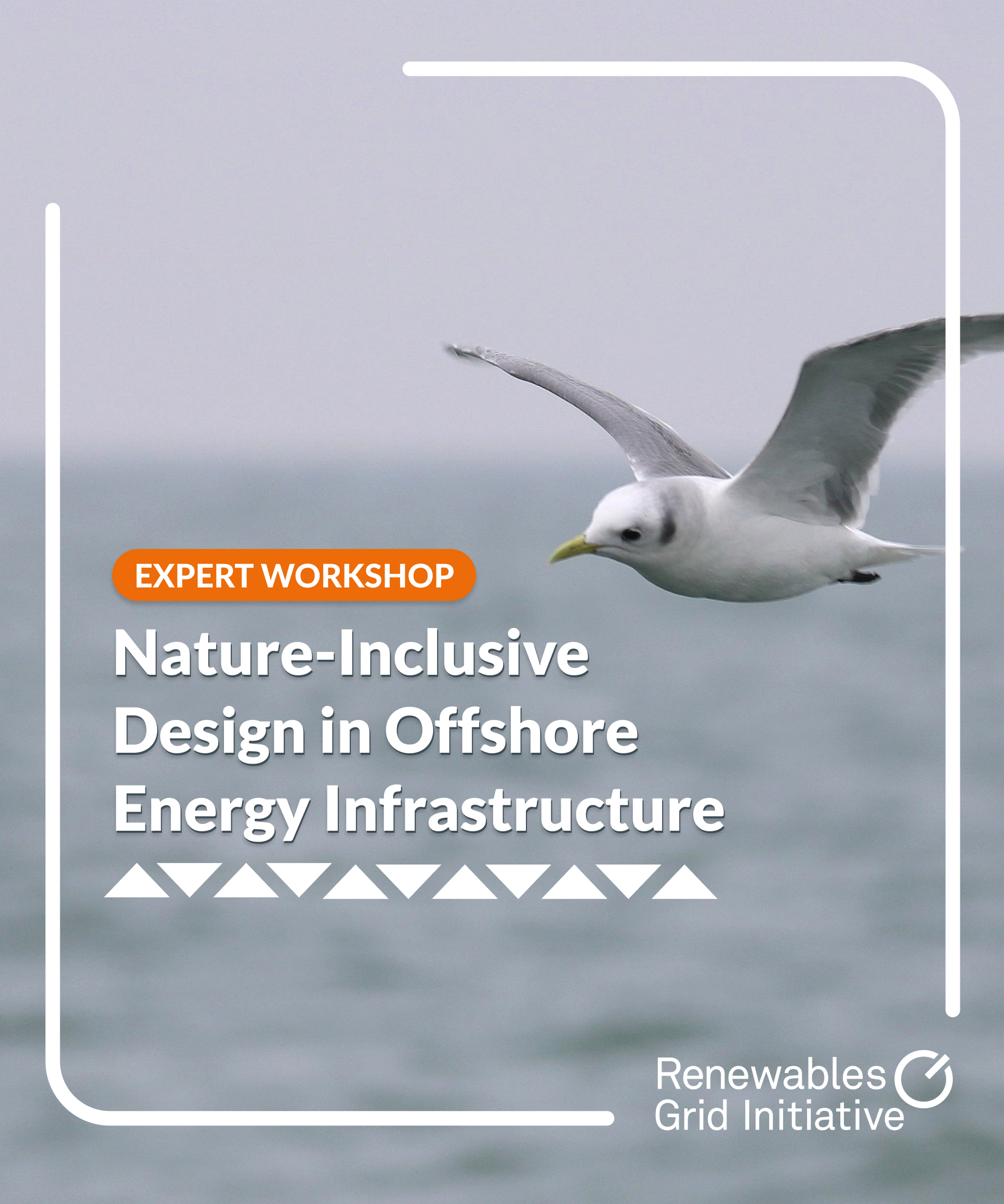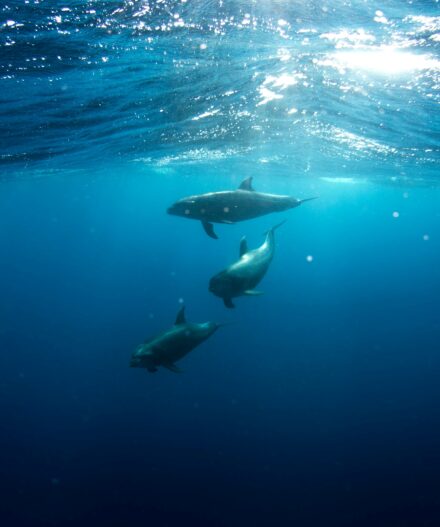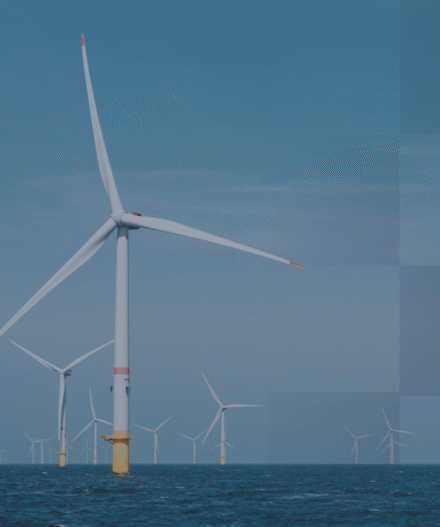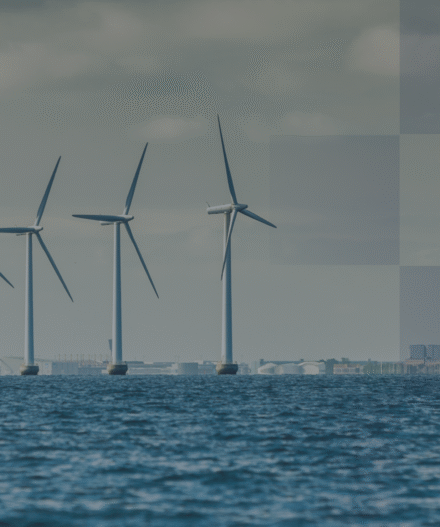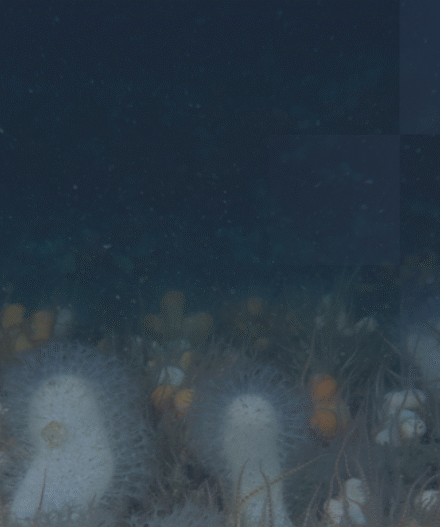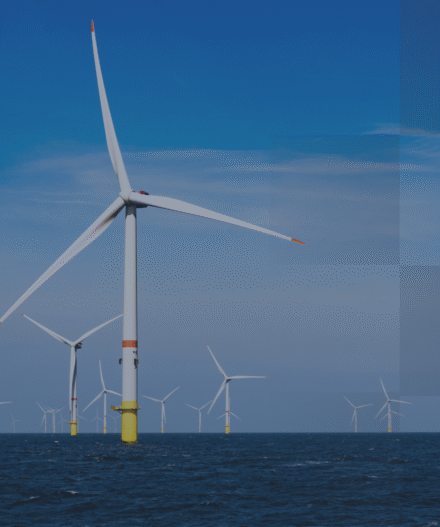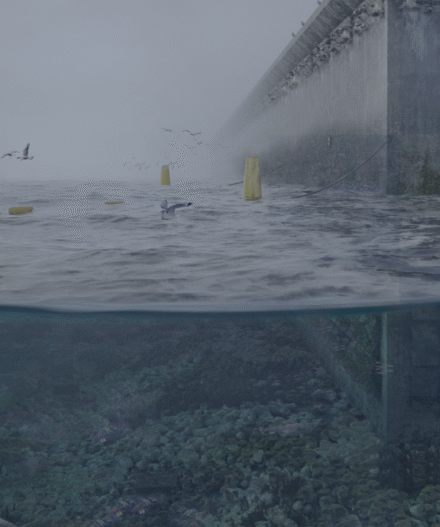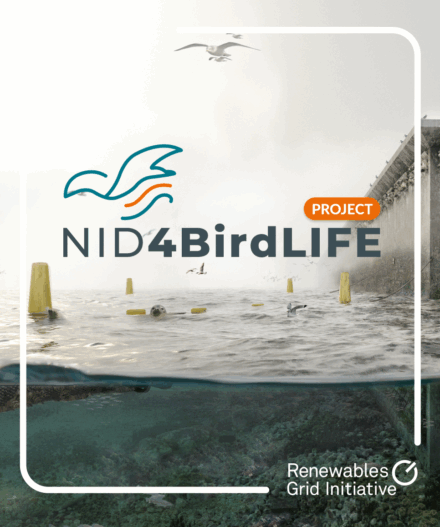In autumn 2021, RGI commissioned the study “A Review of Biodiversity Data Needs and Monitoring Protocols for the Offshore Wind Energy Sector in the Baltic Sea and North Sea” in order to investigate harmonisation needs in the process of expansion of the offshore wind energy (OWE) sector while finding ways to improve marine biodiversity protection. The study by author PJ Stephenson is based on a literature review, specialist work and research interviews with selected experts in the field.
The report identifies the “main pressures and impacts placed on biodiversity by OWE and associated grids and the main monitoring methods and protocols used”. Based on these observations and their assessment, the report formulates recommendations for the “minimum biodiversity monitoring required”.
Some of the key findings of the study are the following:
01
Adopt common core indicators: Standardised data, indicators and monitoring protocols are vital building blocks towards a better protection of marine wildlife when planning and operating offshore wind sites.
02
Use harmonised monitoring methods: Data sharing and collaboration are fundamental to better practices at every level.
03
Adopt a set of key monitoring principles and approaches and harmonise technology usage: Fit-for-purpose monitoring programmes foster mutual learning and streamlined research.
04
Conduct research: Research efforts should center around testing new technologies to improve monitoring focus and effectiveness.
05
Enhance regional and sectoral collaboration for data-driven decision-making and improvement of biodiversity protection in the offshore wind energy sector.
Author Dr PJ Stephenson is an independent conservation and sustainability consultant, chair of the IUCN SSC Species Monitoring Specialist Group and a research fellow at the University of Lausanne, Switzerland.
For more information or in case of questions, please contact us below.
contact
Cristina Simioli
cristina[at]renewables-grid.euDirector – Offshore Energy and Nature



